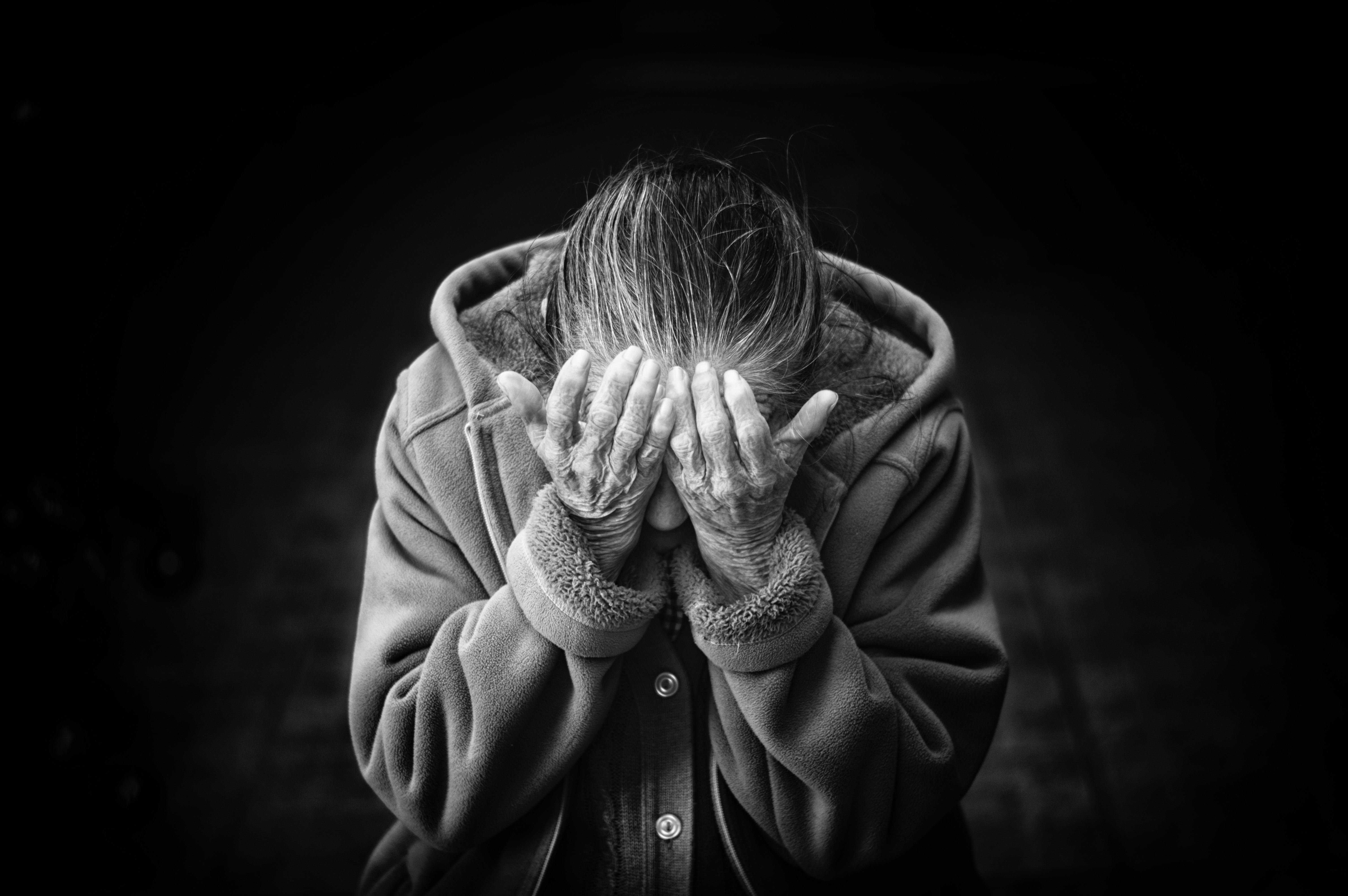Ever had an existential crisis? Even William Shakespeare’s Macbeth spoke about one fundamental truth within the fifth act of the play: People wake up, live their lives, and then repeat this cycle until life ultimately ends.
The cyclical nature life is one of the major themes of Michael Cunningham’s Pulitzer Prize-winning novel “The Hours,” a profoundly beautiful tour de force that led to the Academy Award-winning film adaptation in 2002. Cunningham successfully explores fundamental themes while also making Virginia Woolf a very real person instead of a literary enigma. Woolf might have suffered from mental illness and tragically committed suicide in 1941, but she will remain one of the greatest authors of all time.
One remarkable part of “The Hours” is the interconnectedness between the three female protagonists. Clarissa Vaughan, Laura Brown, and Virginia Woolf form a trinity that reveals the struggles that all women face, such as their place in society. Such challenges are also still relevant to the present day because everyone in the real world has roles to fulfill, whether they are workers, fathers, mothers, or any other role that defines them.
The main focal point for the three characters is Virginia Woolf’s celebrated novel “Mrs. Dalloway,” which continues to be a literary landmark. Cunningham masterfully connects the lives of these women by implying that all people are the main protagonists within their own personal narratives. Ultimately, life is nothing more than a simple story, and everyone in the world are merely characters in a meaningless cycle.
Robert Frost once stated that an eternal truth about life is that it goes on. That statement, of course, only applies to the lives of people until they die.
The novel also echoes fundamental themes that writers have explored for centuries. The eponymous protagonist of William Shakespeare’s “Macbeth” eventually realizes that life is pointless, and so did Leo Tolstoy, the acclaimed Russian novelist of the gargantuan classics “War and Peace” and “Anna Karenina.”
Clarissa Vaughan might have been a modern representation of Mrs. Dalloway, but she is also nothing more than a character in Cunningham’s novel. The thematic title also suggests that the hours will just continue passing. The future might be uncertain, and death is inevitable, but life can still have meaning if people choose to believe in their own capabilities.
Robert Frost once stated that an eternal truth about life is that it goes on. That statement, of course, only applies to the lives of people until they die. Philosophers might argue about what it means to be alive, but maybe there really is no meaning to life at all. Michael Cunningham’s novel offers profound questions about the nature of reality without concrete answers.
If Cunningham were to offer an answer to the meaning of life, that response might simply be that there is no answer. His characters all go through about their lives and then sleep when the day ends. The answer to the reason for mankind’s existence might very well just be that all people just do whatever they do, and that is just the way of the world.
The real-life Virginia Woolf might have had mental illness, but she is still just one person. In fact, some audiences in the real world express no interest in Virginia Woolf even though some people consider her to be the greatest novelist who has ever lived. That is the funny thing about life—everyone has their own opinions on art, beauty, and life itself. Even some people reading this review of “The Hours might never take the time to read the novel or watch the film version of it.
Everyone lives extraordinarily ordinary lives, and that is just what people do. Michael Cunningham’s novel defines the nature of time, reality, and life in the simplest way possible.
Alex Andy Phuong graduated from California State University-Los Angeles with his Bachelor of Arts in English in 2015. He currently writes articles and film reviews online. Alex is a very altruistic person who enjoys volunteering whenever possible. Finally, he believes in the power of hope and creative expression, and strives to continue learning forevermore.


0 comments on “No Need to Fear Virginia Woolf”